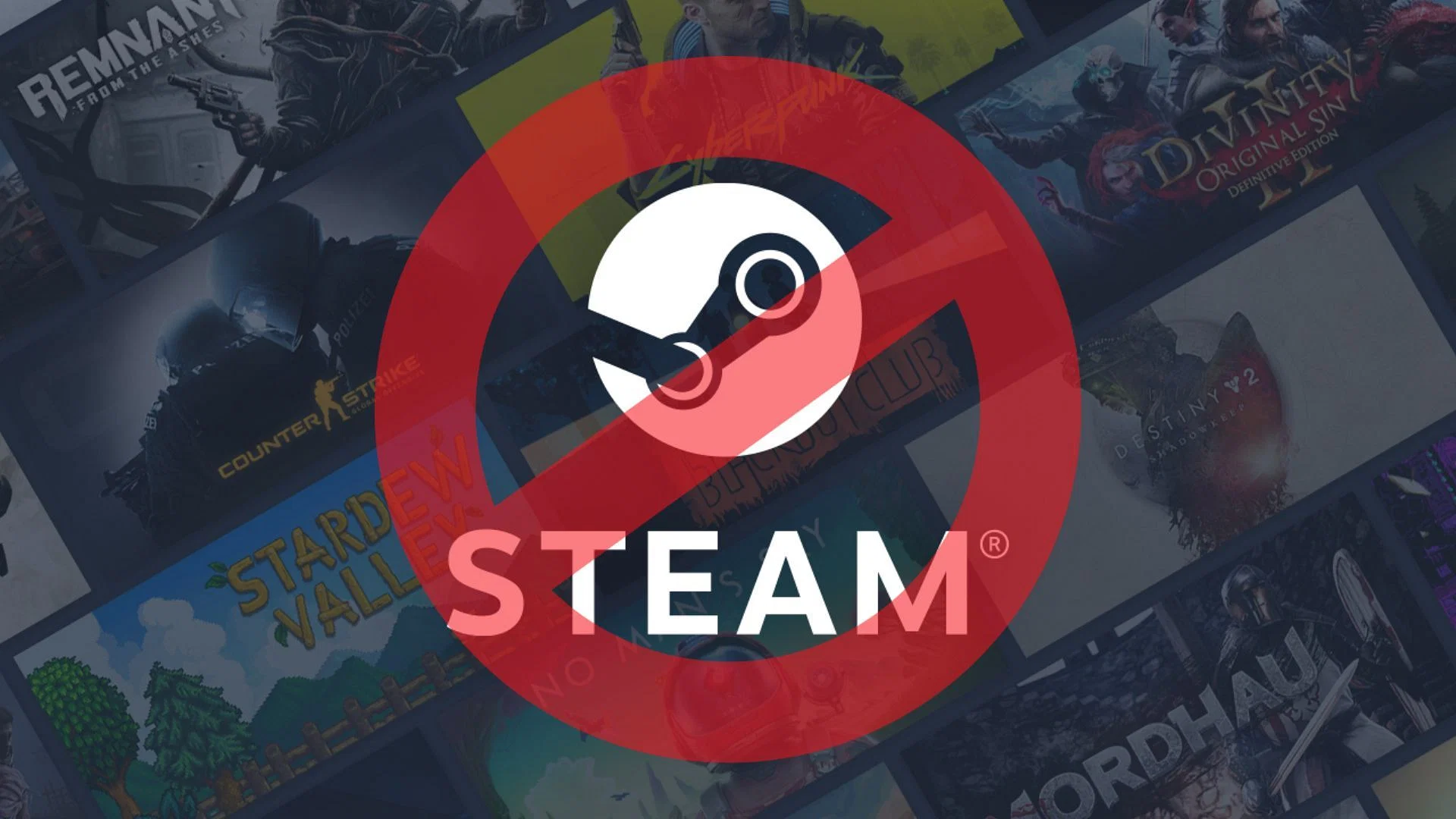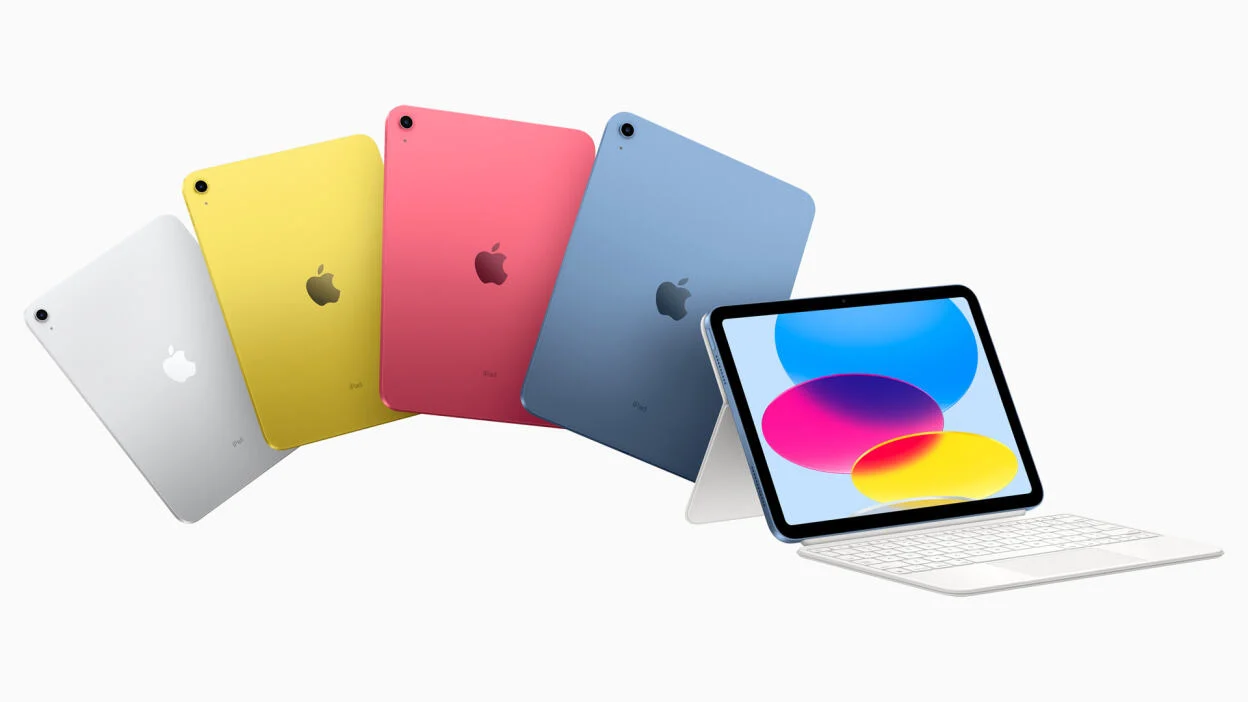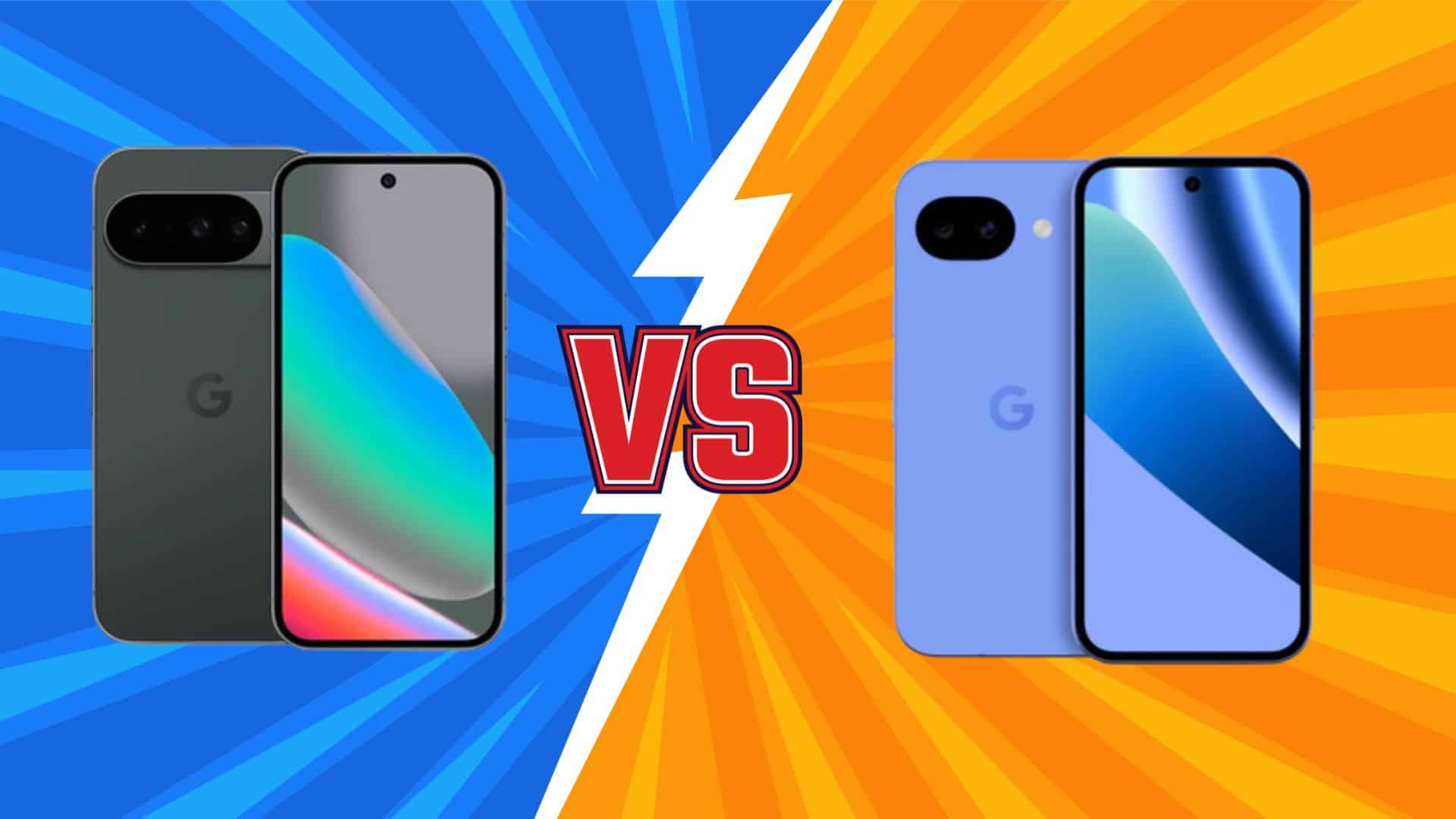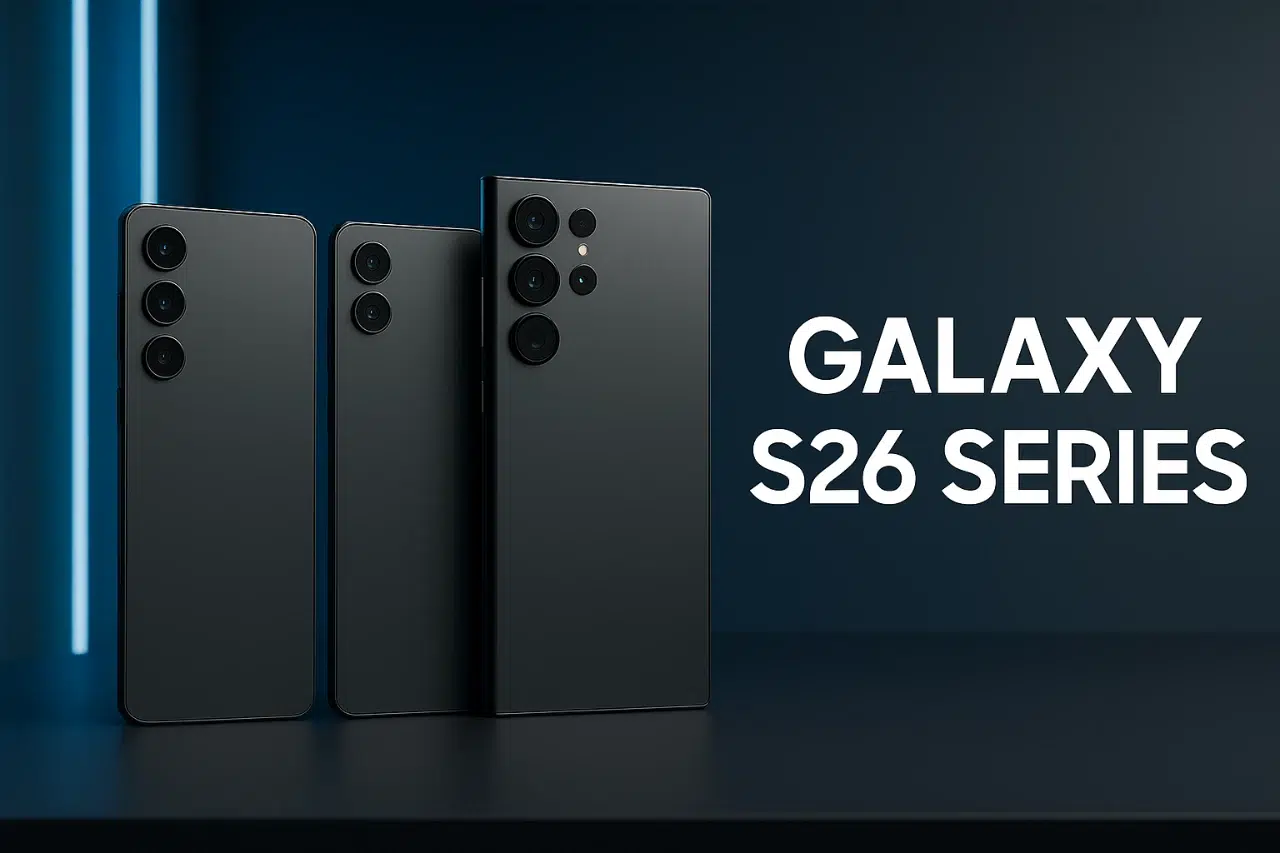Valve, the powerhouse behind the PC gaming platform Steam, has dropped a bombshell on developers with new rules governing season passes. No more vague promises of “future content” and indefinite delays. Developers now face a ticking clock and potential penalties if they fail to deliver DLC on time. This move has sent ripples through the gaming community, with players and developers alike grappling with the implications of this significant policy shift.
- The New Rules of the Game:
- Why is Valve Taking This Stand?
- Developers Under Pressure: Adapting to the New Reality
- Gamers Rejoice: A Win for Consumers?
- My Perspective: A Gamer’s Hope for a Better Future
- The Road Ahead: Navigating the New DLC Landscape
- Some potential outcomes and questions that arise include:
For years, season passes have been a staple of the gaming industry, offering players a discounted bundle of future DLC. However, this system has been rife with issues. Gamers have often been left in the lurch with vague descriptions, missed deadlines, and sometimes, the complete abandonment of promised content. Valve’s new policy aims to tackle these problems head-on, forcing developers to be more transparent and accountable for their DLC offerings.
The New Rules of the Game:
- Crystal-Clear Content Descriptions: Say goodbye to vague promises. Developers must now provide detailed information about each DLC pack within a season pass, specifying the type and amount of content, such as new levels, characters, story expansions, or gameplay mechanics.
- Concrete Release Windows: While exact release dates aren’t mandatory, developers must commit to a specific release window for each DLC pack, such as a month and year or even a season (e.g., “Fall 2024”). This provides players with a clearer timeframe for when they can expect the content.
- One-Time Delay Allowance: Life happens, and delays are sometimes unavoidable. Developers are allowed to delay a DLC pack once, but the delay cannot exceed three months. This provides some flexibility while still ensuring that content is delivered within a reasonable timeframe.
- Penalties for Non-Compliance: If a developer fails to deliver a DLC pack within the allowed timeframe, Valve may take action. This can include removing the season pass from sale, issuing refunds to players, or even potentially imposing further penalties.
- Pre-Order Season Pass Requirements: If a season pass is included in a game’s pre-order, at least one DLC pack must already be available when the game launches. This prevents developers from using pre-orders to fund DLC development without any guarantee of delivery.
Why is Valve Taking This Stand?
Valve’s motivation is clear: to protect consumers and enhance the overall gaming experience on Steam. By enforcing transparency and accountability, they aim to:
- Foster Trust: Clear and detailed information about season pass content builds trust between players and developers. Gamers can make informed purchasing decisions, knowing exactly what they’re getting and when they can expect it.
- Manage Expectations: Concrete release windows help manage player expectations and reduce the frustration caused by endless delays or canceled DLC.
- Drive Quality: The new rules may incentivize developers to prioritize delivering high-quality DLC that meets the expectations set by their initial announcements.
Developers Under Pressure: Adapting to the New Reality
These changes place a greater burden on developers, requiring them to be more organized and strategic in their DLC development process.
- Meticulous Planning: Developers will need to carefully plan their DLC development timelines to avoid falling behind schedule and facing penalties. This may require more upfront investment in pre-production and resource allocation.
- Effective Communication: Maintaining open and honest communication with players about potential delays or changes to the DLC roadmap will be crucial to managing expectations and preserving goodwill.
- Resource Management: Studios will need to allocate resources effectively to ensure the timely completion of DLC while potentially juggling other projects. This may require difficult decisions about prioritization and staffing.
Gamers Rejoice: A Win for Consumers?
For gamers, these changes offer several potential benefits:
- Empowered Consumers: With detailed descriptions and release windows, players can make informed decisions about whether a season pass is worth purchasing. No more buying based on blind faith or vague promises.
- Reduced Risk: The risk of purchasing a season pass only to see promised content delayed indefinitely or canceled is significantly reduced. This provides greater peace of mind for consumers.
- Timely Content Delivery: Stricter deadlines should result in more timely delivery of DLC, allowing players to enjoy new content without excessive waiting times.
My Perspective: A Gamer’s Hope for a Better Future
As someone who has been gaming for over two decades, I’ve seen the evolution of DLC and season passes. I’ve experienced the excitement of pre-ordering a game with a season pass, only to be met with disappointment when promised content is delayed or falls short of expectations. I’ve also witnessed the positive side, where developers consistently deliver high-quality DLC that expands and enriches the base game.
I believe Valve’s new rules are a positive step towards a more transparent and consumer-friendly DLC landscape. While it may place more pressure on developers, ultimately, it should lead to a better experience for gamers. By holding developers accountable for their promises, Valve is sending a clear message: no more empty promises and endless delays.
The Road Ahead: Navigating the New DLC Landscape
It’s still early days, and it remains to be seen how effectively Valve will enforce these new rules and what the long-term impact will be on the gaming industry. We may see fewer games offering season passes, or developers might explore alternative models for delivering post-launch content.
Some potential outcomes and questions that arise include:
- Will Developers Adapt? Will developers rise to the challenge and embrace these new standards, or will they shy away from offering season passes altogether?
- Alternative Models: Could we see a rise in different DLC models, such as smaller, more frequent content drops or a shift towards free updates with optional cosmetic microtransactions?
- Enforcement Challenges: How will Valve handle situations where delays are caused by unforeseen circumstances, such as global events or technical challenges?
- Impact on Indie Developers: Will these rules disproportionately affect smaller indie developers who may have limited resources and flexibility?
One thing is certain: these changes signal a shift in the landscape of DLC. It will be fascinating to witness how both developers and players adapt to this new era of increased transparency and accountability. Hopefully, this will lead to a more sustainable and satisfying model for post-launch content, benefiting both the creators and the consumers who fuel the gaming industry.






























